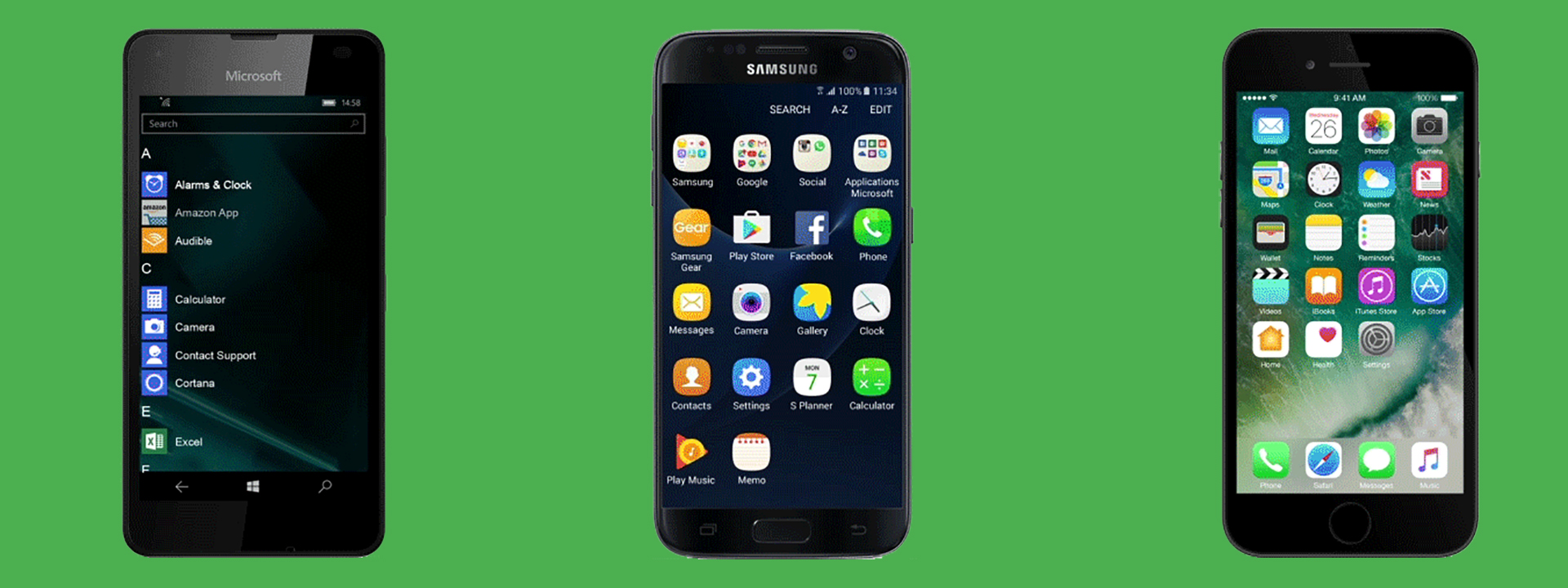
Google in Trouble in EU Over Android Requirements, Google Disagrees
posted Saturday Nov 12, 2016 by Scott Ertz

Over the past few years, Google has changed their policies on how OEMs can interact with Android. The most notable policy change came in 2014, when they limited access to the Play Store for OEMs that don't give preferential treatment to Google services.
This requirement, among a few others, has raised concern among governments the world over. In the US, the Federal Trade Commission has investigated the move. In Europe, the EU itself has investigated, and continues to investigate the policy. The EU considers it to be anti-competitive, and has done a lot of work to prove their beliefs.
The European Commission conducted a market survey which they cite often in their complaints, despite seemingly not understanding the results of the survey. For example, in their Statement of Objections, released in April, the primary basis for their complaint is that Android is alone in the marketplace. Obviously, that is nonsense, as Apple's iOS and Microsoft's Windows 10 mobile both compete in that market, as well. According to Google's public response, published this week,
In fact, 89% of respondents to the Commission's own market survey confirmed that Android and Apple compete. To ignore competition with Apple is to miss the defining feature of today's competitive smartphone landscape.
These are the same types of complaints that were once made against Microsoft. While the EU is today complaining about Google Search and Chrome are being bundled with Android, they once complained about Internet Explorer being bundled with Windows. The argument is primitive and uneducated, indicating a complete misunderstanding of software, operating systems and how companies work with OEMs.
For example, in Windows' case, OEMs have always been allowed to preinstall competing software, including Google's Chrome browser. In fact, those OEMs are allowed to override the default browser without penalty (except in the case of Windows 8 with Bing). Android has many of those same capabilities. In addition to Chrome, OEMs are welcome to install additional browsers into Android. In addition to Google Search, OEMs are welcome to install Bing as well. The only difference is that these services cannot be set as default out of the box.
Google points out the similar behavior between Android, iOS and Windows. On a Lumia 550, 39 of the 47 included apps are made by Microsoft. Almost every included app is removable and replaceable by the manufacturer or users. On iOS 10, 39 out of 39 apps are made by Apple, and few of the apps can be removed, and carriers and users cannot replace many of them. With Android, however, only about 10 of the apps come from Google, and most of them are replaceable by the user later.
While it is unusual for me to take the side of Google in an argument, I can say that, as a developer, it is nice to know that certain things will be available to me. If Android was to continue to fragment, like it was in the beginning, software would have to be built for every device individually, completely killing the environment. For example, look at Android's Fire tablets, built on Android, but not being able to access Play Store, requiring developers to rebuild their apps if they want them available on the platform.
All in, the idea of a government trying to regulate an industry which they do not understand is never a great idea.

